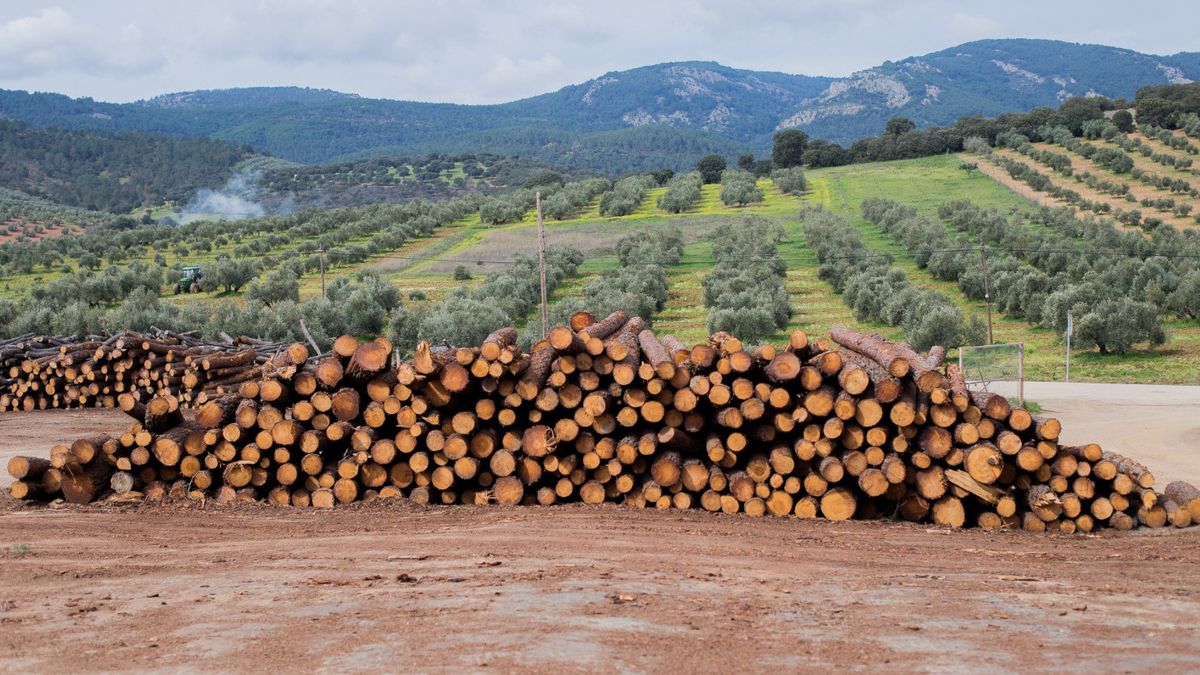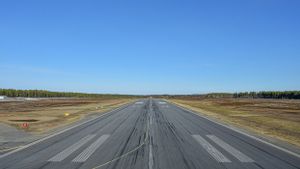YOGYAKARTA - The Indonesian government invites several countries to participate in the anti-deforestation law of the Union Deforestation-Free Regulations (EUDR). Zulkifli Hasan, Minister of Trade, said that the EUDR policy could be discriminatory to the export industry in Indonesia. So what is deforestation?
Indonesia as one of the countries that has the widest forest area is indeed very close to deforestation. The issue of deforestation is often raised by activists to maintain environmental conservation. On the other hand, deforestation is also considered to have several positive impacts. What is deforestation and how is the impact?
Deforestation is a term for natural forest loss events or phenomena due to deforestation activities. Deforestation is also referred to as an activity of converting forest areas into permanently unfortified land with the aim of human activities.
According to the Big Indonesian Dictionary (KBBI), deforestation of tree cutting or commercial wood on a large scale. It can be interpreted that deforestation is an act of changing the function of forests that were originally intended for the preservation of the environment and ecosystem in them into land for the benefit of humans.
Meanwhile, in forestry science, deforestation is referred to as the occurrence of forest cover loss and its attributes which have an impact on the loss of forest structure and function as its origin. The loss of land cover is caused by forest function diversion activities to meet other purposes.
Deforestation is a common activity in countries or regions that have a fairly large forest area. Deforestation is generally caused by the increase in the number of residents in an area so that it requires land for settlements.
The increasing human population coincides with the increasing need for land use. This condition causes land function diversion activities from forest areas to residential areas, new agricultural land, road construction, to economic needs.
Examples of several deforestation activities that usually occur in Indonesia, namely land clearing for oil palm plantations, forest fires, illegal logging activities or wood production from the Forest Entrepreneurs' Rights (HPH) concession.
Deforestation activities are often criticized by environmental activists. The existence of forests is related to the running of natural ecosystems, including oxygen producers and mineral sources, habitats of various animals and plants, and others.
When the debt is closed or lost, it will have a negative impact on the environment and ecosystem in it, including humans. Loss of forests will cause water not to seep into the soil. This condition can cause disasters such as floods, landslides, to drought or reduced soil fertility. In addition, deforestation also causes habitat loss for flora and fauna so that it has the potential to experience extinction.
However, from other perspectives, deforestation also has a positive side. Deforestation is needed to support the development carried out by the government. This activity aims to support human needs in terms of economy, food, and others. However, deforestation actions need to be considered and carried out appropriately so as not to have a bad impact on the environment.
SEE ALSO:
Deforestation still occurs in Indonesia, especially in areas that still have large forest areas. The Ministry of Environment and Forestry (KLHK) said that there was deforestation or deforestation activity in 2020 in an area of 104,032 hectares. The Ministry of Environment and Forestry stated that deforestation in Indonesia had decreased by 8.4 percent compared to the previous year.
"The figure of last year and the current year, deforestation has decreased by 8.4 percent," said Belinda A Margono, Director of Inventory and Monitoring of KLHK Forest Resources in a virtual press conference last June.
Belinda also mentioned that the forest areas in Indonesia experienced the most deforestation, namely Central Kalimantan, East Kalimantan, and Riau.
That is the review of what deforestation, impact, and development are in Indonesia. Regarding the anti-forestation law, Minister Zulkifli assessed that the EUDR policy is very discriminatory from an ecological perspective. He argues that this policy could hinder the exportation of Indonesian products.
Stay up to date with the latest domestic and other overseas news on VOI. You present the latest and most updated nationally and internationally.
The English, Chinese, Japanese, Arabic, and French versions are automatically generated by the AI. So there may still be inaccuracies in translating, please always see Indonesian as our main language. (system supported by DigitalSiber.id)

















